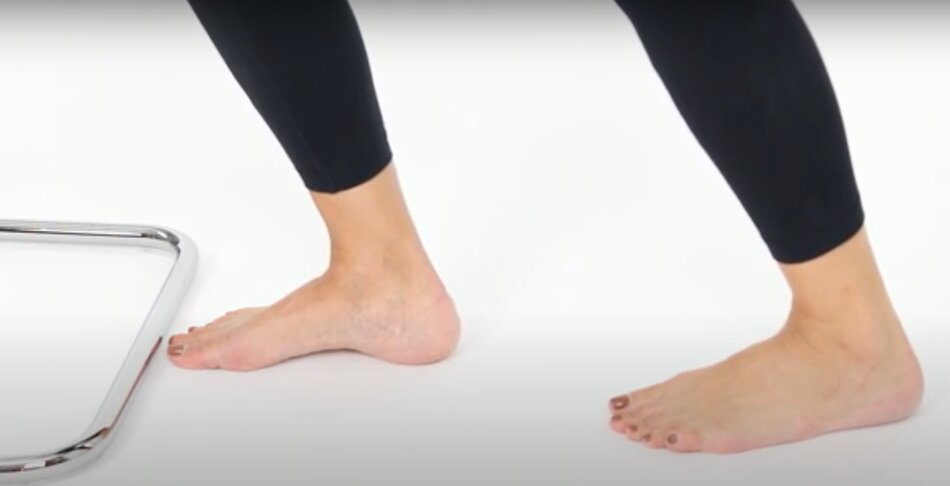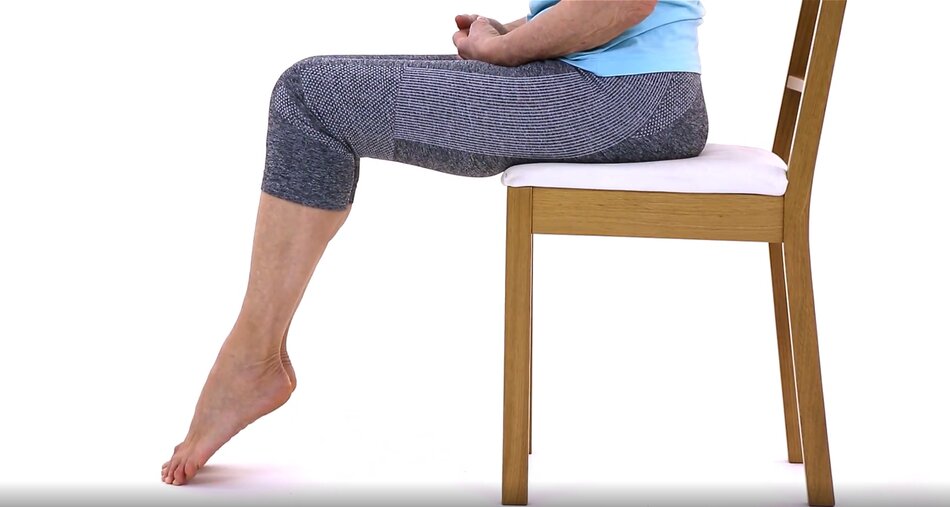Have you in the past or currently involved in an active physical exercise or a situation that a lot of pressure is exerted on your feet? Then you are required to learn something about the Achilles tendonitis and the risks such activities carry. Achilles tendon rupture refers to damage or injury on the back of the lower leg.
If there is rupture, you will probably hear a pop ‘sound’, and then followed by a sharp pain on the back of your ankle. This article will illustrate what exercises help Achilles tendonitis to be in good shape.
Achilles tendon exercises are to strengthen the swollen tendon and need to be done in conjunction with the medicine that was given by your doctor.
Related post: Best Running Shoes for Achilles Tendonitis
Preparation for the exercises
Learning what exercises help Achilles tendonitis must begin with learning how to prepare for them.
- Be in relaxing mode
You need to relax as much as possible if you are beginning these exercises for the first time.
- Prepare the working out area with smart shoes
Interestingly, wearing the wrong shoes will likely contribute heavily to rapturing your tendons. Pick a perfect shoe and ensure the surface you are to use is clear of anything that may hinder proper practice.
- Get an experienced trainer
Always consult a pro on matters training just like you consult doctors before taking any drug. A pro will give you tips that are helpful for successful training.
- Avoid high heels
Ladies with high heels carry the high probability of one getting the tendonitis. When one wears high heels it forces the tendon to adjust and become smaller. When one does not wear the heels the tendons will adjust to being longer. The back and forth will make it rupture easily.
- Start with easy exercise
Always start from the easiest side to the hardest part of the exercise. The body needs to get used to the exercises first before they become too intense. You can consult this with the sports trainer or physical therapist. The therapist will help you understand what exercises help Achilles Tendonitis.
- Stop when there is pain
The main aim of the exercise is to facilitate faster healing after the rupture or to ensure that they do get ruptured. Once you start feeling the pain, stop immediately.
7 Easy Exercises that Help Achilles Tendonitis
1. Plantar Flexion Using Resistance Band
By using a band, it helps you to strengthen the muscles of the arch. It is common of what exercises help Achilles tendonitis but the most misused. Below are the steps that can be followed.
- Sit on your floor with the right leg extended. The other leg can be raised slightly at around 60 degrees.
- Using the resistance band, wrap it around your foot while holding the other end in your hands.
- Alternatively to the step above, you can place the band around your feet and hold the two sides on each side of the hand. A towel can also work well.
- Pull back the towel so that the foot stretches towards you.
- Be in the pulling situation for around 20 seconds, 3 times in a session.
- In a day you need to have done 5 sessions.
2. Toe Stretches
- Get a chair and straighten your leg to the extent that the heel is on the floor and the toes are as high as possible.
- Reaching out using your hand, hold the big toe.
- Pull it up and back and on to the sides of the ankles.
- Do this activity for at least 15-30 seconds.
- Repeat this position in about 3 times in a session and for about 5sessions a day.
3. Bilateral Heel Drop
It is also known as stair stretch.
- You are required to stand with the front part of the leg on the stair.
- Ensure you have an object or a rail that you can hold unto to avoid falling.
- The position enables you to lift and down the heel without hitting the stair.
- Slowly keep lifting your heels up and slowly lower them to the lowest point possible.
- Repeatedly do this in a controlled manner and it can be started on the floor as you move up the stairs.
4. Floor Stretch

- Stand at about half a meter from the wall.
- Step back one leg, the one you could like to stretch.
- Place both your hands at the height of the shoulder.
- With your toe slightly in press your heel into the floor.
- Lean forward and bend the other leg slightly.
(If you do not feel a stretch at the Achilles tendon of your back leg make sure you read the instructions carefully.)
- Hold it for between 15-30seconds while repeating 2-5 times a session. Depending on free you are, you can have 5 sessions in a day.
5. Single-Leg Heel Drop
These stretches are similar to the bilateral heel drop but the difference is that only a single is used in a time. By stretching the calf muscles the stress on the tendons is reduced.
- Raise you to heel up the ground and slowly lower it down.
- You can do it at intervals of 20 ups and downs.
- Change and switch to the other leg.
6. Sitting with the heel raised

- Sit on the chair and raise your toes as high as you can without pain.
- Lower the heels slowly. Do this 20-30 times per session.
- Undertake activities 6 times a day.
- Resistance can be added by pressing down your thighs using your hands.
- Alternatively, you can place some weights and the process continues.
7. Walking bare-legged
If you are a stay home person or work from your own office, try walking barefooted in the office or at home. Walking barefooted tends to heal the ruptured tendons as the body will heal without it being stressed. Alternatively, you can use open shoes if the above option is not possible.
Also read: Can I Run with Achilles Tendonitis?
Conclusion
Learning of what exercises help Achilles Tendons is not for sportsmen only. Everyone can get themselves into an accident that will lead to the rupture, which means that having such an education could be helpful. You need not try all the exercises but those that you are comfortable with. Remember that it should not be painful but enjoyable. In the event that the tendons do not improve, immediately seek medical attention.